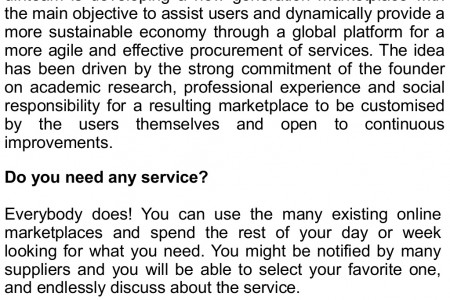
12 Things You Wish You'd Known Before You Took That Job
12 THINGS YOU WISH YOU'D KNOWN BEFORE YOU TOOK THE JOB NOW HIRING! A recent Right Management survey found that 85% of workers want to change jobs. While many people want to leave to find career advancement after a long recession, others want to escape untenable situations. How do you make sure that you will be happy in your next job? Take these steps: GET IT IN WRITING JOBDESCRIPTION JOB OFFER Be sure that you have a written job description that outlines both your responsibilities and deliverables in your first 12 to 24 months on the job. Be sure that you have a written job offer that covers your job title, compensation, and any other key points you negotiated. If your new boss leaves the company, you will have documentation regarding the commitments the company made This will give you a document that you can use when discussing your performance with your boss. when they hired you. GET THE HISTORY Ask why the position is open. If there was a previous incumbent, ask how long they were in the position and why they left. Ask how many people have held the position in the last five years. If it's a new position, be wary. Ask what's driving the need for the position If the previous incumbent was in the position for a brief period, and how it will be funded. understand the reasons for turnover. MEET THE PEOPLE Insist on meeting your boss's direct reports. Ask your boss's direct reports who makes the decisions that affect them. Ask about his/her three greatest strengths and what each person would change about him/her if they could. Ask about the attributes of people who succeed and fail with your boss. If it's not your boss, ask the same questions about the decision maker. Notice how comfortable or uncomfortable the direct reports seem to be while answering your questions. USE LINKEDIN How you're connected Linked in YOU Coleagu How many people from the company are on LinkedIn? How many of them have their phone numbers listed on their profiles? Look for connections you and your prospective colleagues have in common. Call them and ask what they know about your common connection at the company. If they're making themselves easy to contact, Ask what it's like to work there. it might be because they want out. Be aware that they might report your call back to your shared connection. If they're not on LinkedIn, they're probably happy. ASSESS THE COMPANY'S FINANCIAL CONDITION If the company is public, look online for their last 10-K filing with the SEC and read the Management's Discussion & Analysis section. If the company is private, ask about its earnings trends and cash position. That's where executives discuss the company's financial condition and future risks in detail. 11 If the company is a start-up, ask about its business model (i.e., how it plans to make money), how much cash it has on hand, and its burn rate. CHECK THE NEWS Google Google the company's name and then click on Google's drop-down menu labeled "More" and click on "News" to find out what the media is saying about the company. These due diligence points will help you identify and explore red flags before you take a new job. They can often stop you from taking a job that won't last and that would do lasting damage to your resume. Good luck! http://freeresumebuilder.org/ Free Resume Builder Written by Donna Svei http://www.avidcareerist.com/
12 Things You Wish You'd Known Before You Took That Job
Source
http://www.f...ilder.org/Category
BusinessGet a Quote









